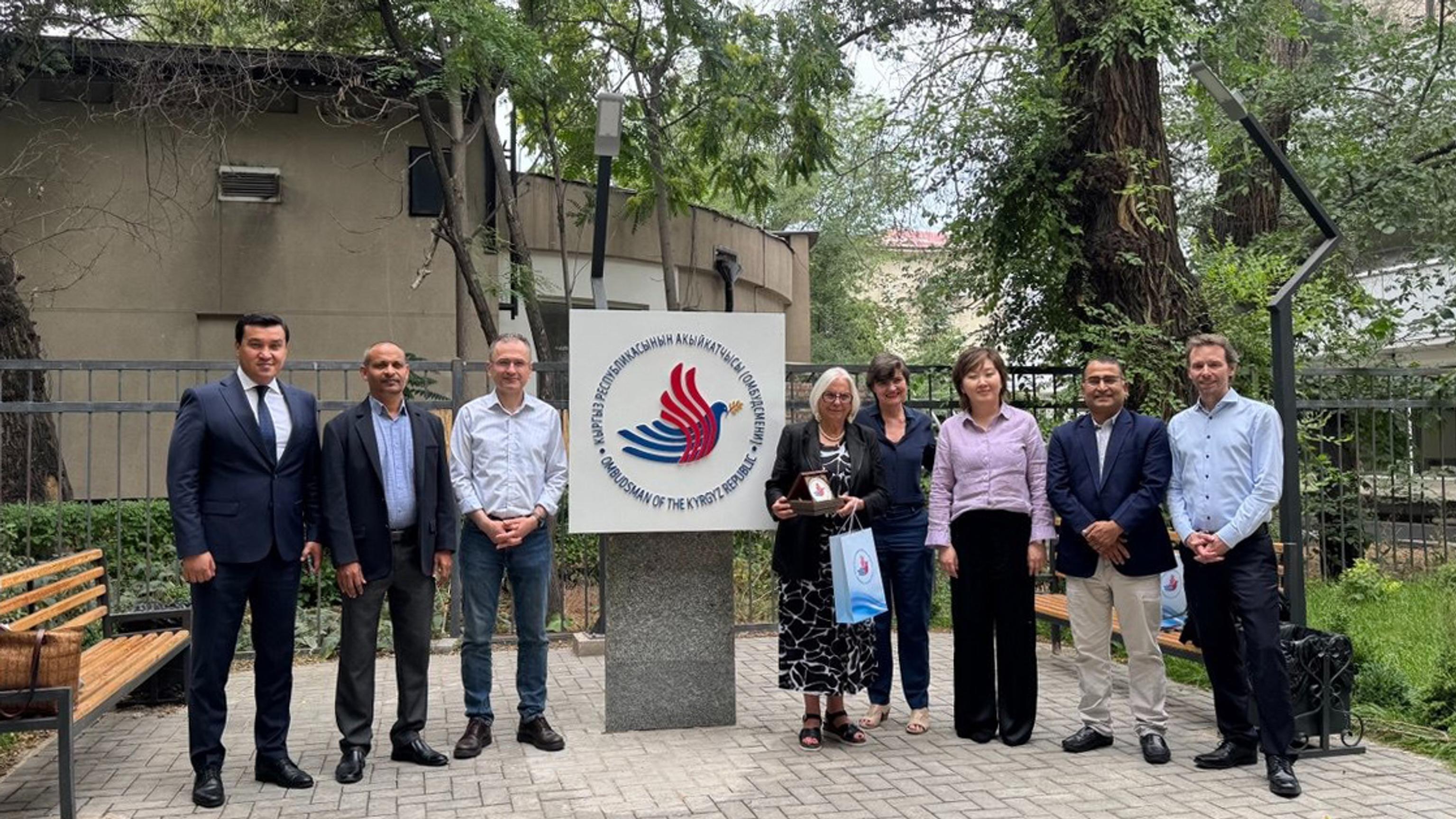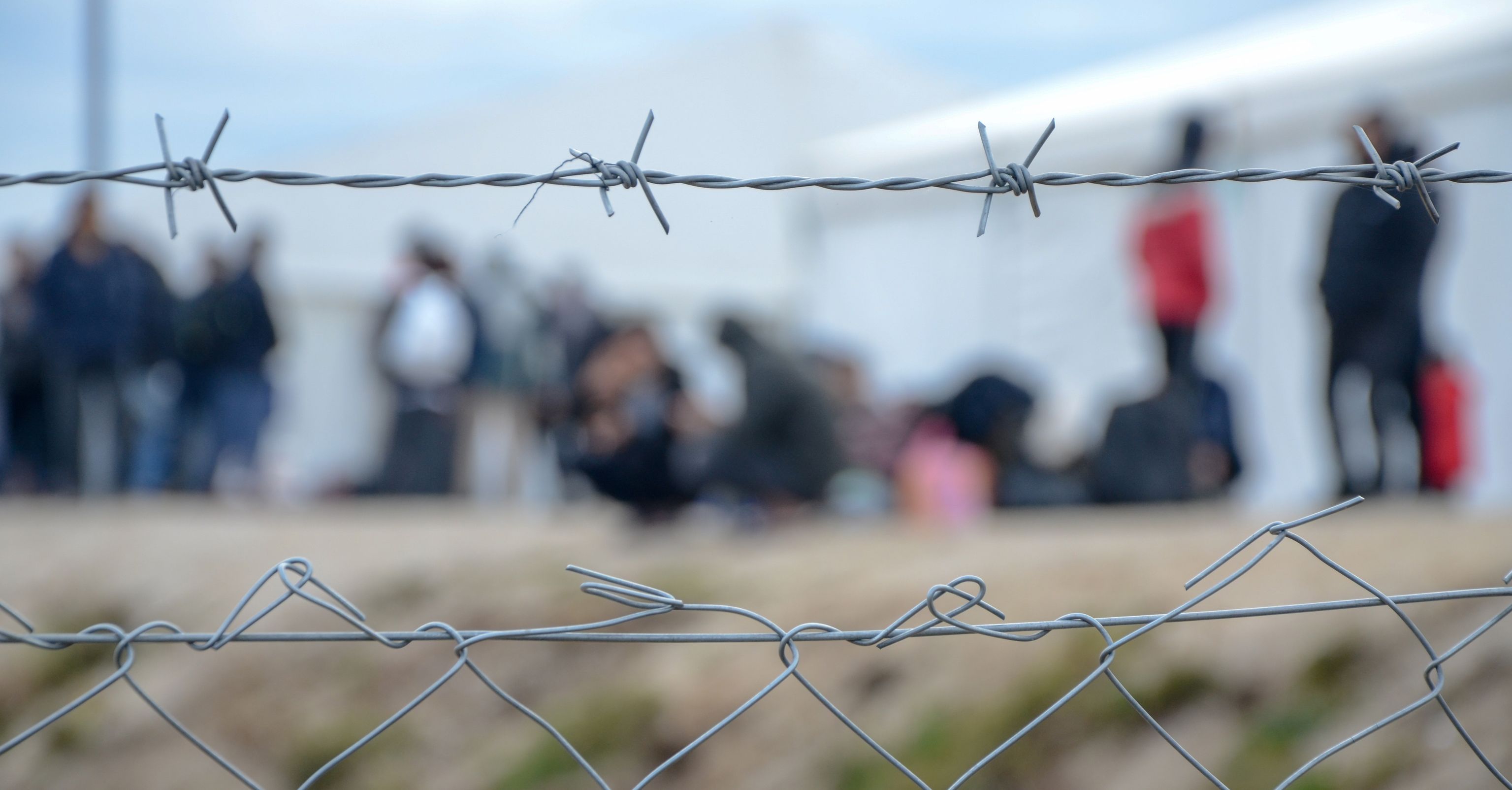Fact Sheet 6: Role and functions of NHRIs - Monitoring human rights
01
Monitoring seeks to deter and prevent human rights violations by keeping the State’s performance under scrutiny.
02
Monitoring can focus on the human rights situation within the country, either generally or in relation to specific rights, or in relation to places of detention where the risk of human rights violation is high.
03
Monitoring should help the NHRI to assess changes in human rights compliance over time, based on a baseline study and utilising robust indicators and targets.
Monitoring a State's performance of its international human rights obligations is an important way that national human rights institutions (NHRIs) promote and protect human rights.
By keeping the State's performance under scrutiny, monitoring seeks to deter human rights violations and to foster changes that prevent human rights violations from occurring.
Human rights monitoring commonly has two dimensions:
- Oversight of the human rights situation within the country, either broadly or in relation to a particular set of rights (civil, political, economic, social or cultural) or groups of people
- On-site inspection of places where the risk of human rights violation may be high.
All NHRIs undertake monitoring functions, through research, investigation and reporting.
On the basis of their monitoring, they provide information to their government, parliament and to international human rights mechanisms to improve the human rights situation on the ground.
Monitoring human rights situations
NHRIs are commonly required to prepare annual "state of human rights" reports that are presented to the government or parliament. These reports may deal with the situation of all human rights across the country or they may address the human rights situation of a specific group of people.
Other NHRI reports may examine the human rights situation in one part of the country or in relation to one issue. These reports may be the result of research and consultation or they may be the product of a national inquiry conducted by the NHRI.
Many NHRIs monitor human rights compliance in relation to certain events, such as political protests, demonstrations and elections. This monitoring can help promote compliance with human rights standards, for example, by police or security officials.
The NHRI will generally prepare a report on their monitoring, which analyses the situation and sets out the NHRI's findings and recommendations.
Finally, NHRIs undertake human rights monitoring in conjunction with international oversight of the State's compliance with its human rights obligations. NHRIs contribute to the preparation of State reports to the Universal Periodic Review (UPR) and the human rights treaty monitoring bodies.
They also prepare their own parallel reports to these mechanisms when their State's reports are being considered, they often participate in the examination of the State, and they monitor implementation of recommendations made to the State by the international mechanisms.

Monitoring places of detention
Many NHRIs have the function of monitoring places of detention for compliance with human rights standards.
"Places of detention" are widely defined to include any place where a person is deprived of his or her liberty, such as prisons, police stations, immigration detention centres, centres for juveniles, aged care facilities and psychiatric institutions.
This monitoring function may be set out in the NHRI's establishing legislation or it may be part of State arrangements under the Optional Protocol to the Convention against Torture.
In both cases, the purpose of monitoring is to identify and address the risk factors that can lead to human rights violations.
Monitoring places of detention should be both planned and responsive. The NHRI's strategic plan and annual activity plan should include a program of regular visits to and inspections of places of detention.
Further, the program should be developed with priorities clearly determined, so that those places of detention where the risk of human rights violation is greater are visited more frequently and more intensively.

Monitoring elections
Several NHRIs in the Asia Pacific region are actively engaged in monitoring elections to ensure that the elections are free and fair and that all citizens have the opportunity to cast their votes in peace and security, free from intimidation or harassment.
The need for an NHRI to monitor elections is greater where there is no independent elections authority in a country.
Election monitoring is a very intensive exercise and requires considerable resources in order to be done properly. Few NHRIs alone have the resources necessary for this.
Therefore, establishing partnerships with civil society organisations is essential to ensure that monitors can be placed as widely as possible across the country before and during the voting and to provide scrutineers to observe and verify the counting of votes.
Undertaking effective monitoring
There is no standard monitoring process that is or should be common to all NHRIs. Each NHRI will develop a process appropriate to its own context. There are, nonetheless, some characteristics that most monitoring processes share.
The monitoring process should be planned. The NHRI should determine in advance what specific human rights issues it will monitor and how the monitoring will be undertaken.
Monitoring will often require a comparison over time, either in relation to a specific human rights situation, a place of detention or the detention system as a whole. The goal is to determine whether observance of human rights standards has improved or deteriorated.
This monitoring requires a rigorous methodology that should include:
- A baseline study to assess the situation at the beginning of the monitoring period
- Indicators that will reveal improvement or deterioration
- Benchmarks or milestones that can mark the progressive steps towards improvement during the monitoring period
- Targets that set identified goals that will enable assessment of the level of success in improving human rights observance.
Find out more
Chapters 14, Manual on National Human Rights Institutions






